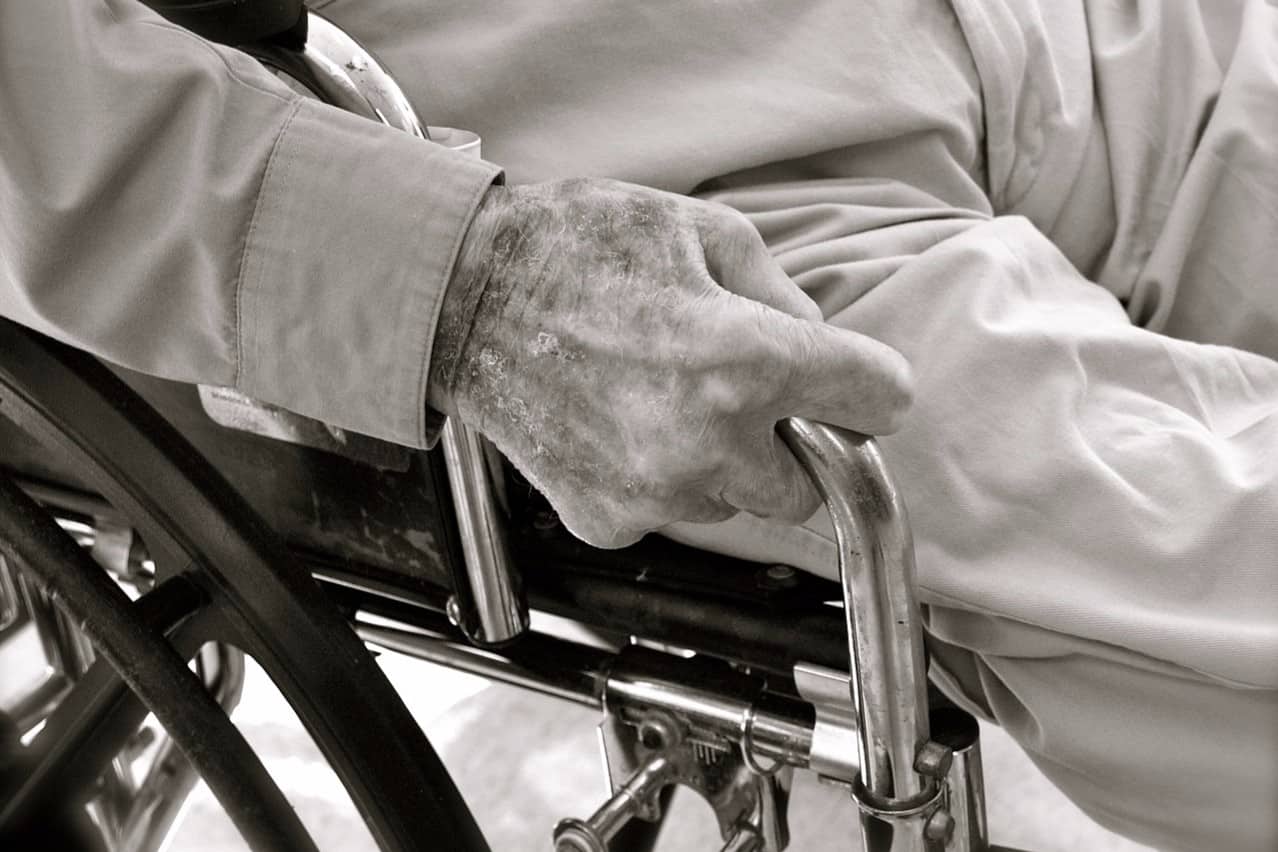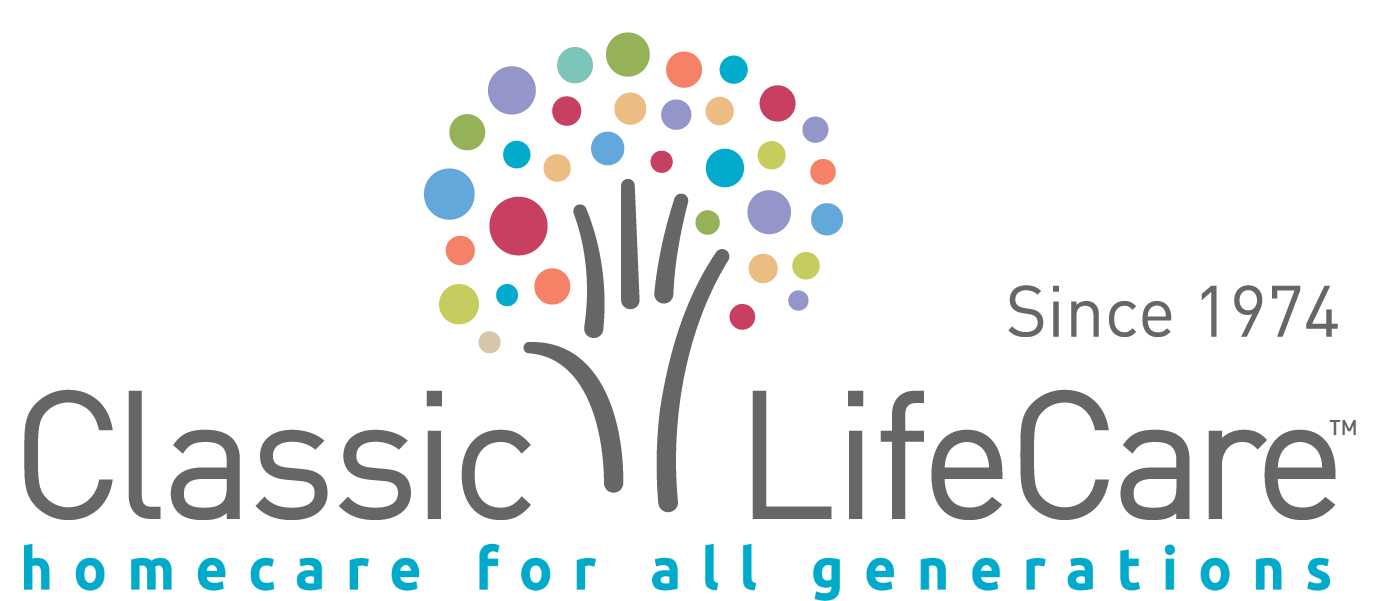
Many Canadians recovering from a stroke require additional care. Heart disease and cerebrovascular disease — a stroke that reduces the flow of blood to the brain are the second and third most common causes of death in Canada after cancer.
It’s important to understand the causes and warning signs of stroke, and how caregivers will help with recovery.
What Is a Stroke?
Strokes, sometimes known as transient ischemic attacks (TIA), are caused by a disruption in blood flow to a part of the brain. It occurs when the blood vessel either ruptures or becomes blocked. A stroke deprives the neurons and other brain cells of glucose and oxygen, which leads to cell death. The longer the brain is deprived of oxygen and nutrients, the higher the likelihood of permanent damage to the brain.
Approximately 6,500 people are admitted to hospital with a stroke or a transient ischemic attack (TIA) in British Columbia every year, and about 85% of admissions for stroke are people over the age of 60.
A major factor facing stroke in the elderly is they are also living with other chronic conditions such as heart disease, hypertension or other conditions.
Living and Recovering From A Stroke
Nearly 70% of admissions for stroke will be discharged home. About half of those living with stroke need help with daily activities such as eating, bathing, dressing, going to the washroom and getting around. About 40% of stroke patients are left with moderate to severe disability that requires intense rehabilitation and support from a caregiver.
Stroke-Related Depression
Up to half of all people who have had a stroke will develop depression — an understandable response to a life-changing event, although depression can be caused by injury to the areas of the brain that control emotions.
Fatigue
Post-stroke fatigue, a condition of feeling very tired even after resting, is also common. This type of fatigue can last for months and even years and does not seem to be related to size, location or severity of the stroke.
Aphasia
Aphasia is a cognitive disorder sometimes resulting from stroke that affects the ability to talk with and understand others, and to read and write. One in three stroke survivors is diagnosed with aphasia and there are more than 100,000 Canadians living with the condition. This number is expected to increase significantly as the population ages and the number of stroke cases increases accordingly.
How Families Help Patients Recovering From A Stroke
Since two-thirds of stroke survivors return home after being in hospital, the role of family and friends in stroke recovery is central. Family caregivers typically coordinate medical care and services and help with activities of daily living. They also support ongoing rehabilitation, emotional well-being and re-engaging with community.
Nearly a Third of Unpaid Family Caregivers Are Stressed Out to the Point of Breakdown
According to a report by the Seniors Advocate of British Columbia, nearly a third of unpaid family caregivers are stressed. This is to the point of breakdown due to serious gaps in seniors respite programs.
The BC Senior’s Advocate also reports that:
- Twenty-nine per cent of caregivers are in distress.
- Unpaid caregivers provide 19 hours of care per week on average. Caregivers in distress report providing as many as 30 hours of care per week.
- Fifty-four per cent of caregivers would benefit from respite services, however few are accessing the help.
Caregiver Burnout Can Be Avoided With Small Breaks
Susan Fulton, Clinical Leader at Classic LifeCare says caregiver burnout is all too common. It can often be avoided with small breaks throughout the week.
“Even a two- or three-hour break can be enough to revitalize the caregiver,” says Fulton.
When caregivers are supported they report improvements in their well-being and are able to provide better care. This includes accessing more community services for the stroke survivor.
Classic LifeCare provides in-home support; both live-in and hourly. A Health Care Worker can help with housework, personal care, meal preparation and complex care needs. One of the benefits of private over public home care is that the client is in the driver’s seat. Care can be completely tailored to the individual’s requests.






